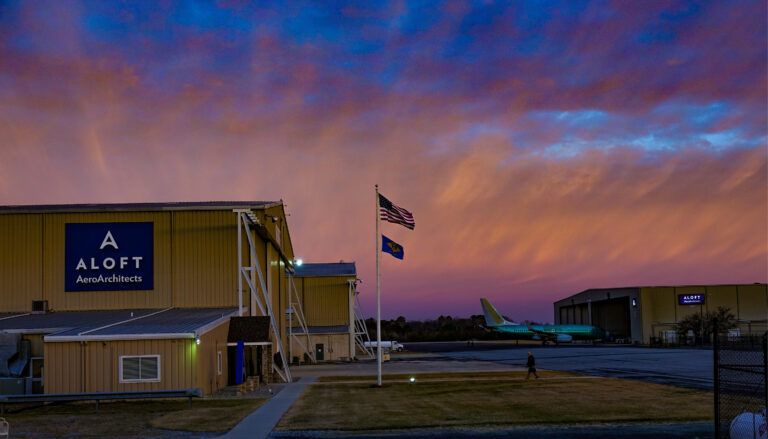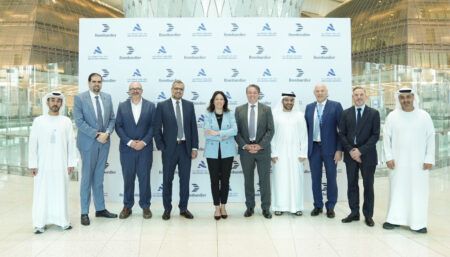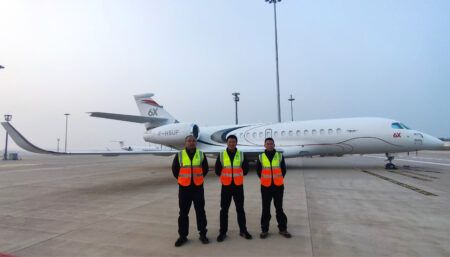Aloft AeroArchitects has announced a strategic alliance with aircraft industry specialty systems and components suppliers to define and integrate a Modular Open Source Architecture In-Cabin (MOSAIC) approach to VVIP and other aircraft cabin systems and subsystems.
MOSAIC, rooted in the Modular Open Systems Approach (MOSA) developed by the US Department of Defense (DoD), emphasises modularity, open standards and interoperability. This approach is intended to allow for the incremental addition, removal or replacement of system components, driving the core focus back to product excellence with the competition at the component level driving innovation and customer choice and downstream flexibility, Aloft said. The company contended that by leveraging MOSA principles, the MOSAIC approach will “benefit commercial and private aircraft operators, enabling incremental technology adoption to maintain passenger satisfaction at the pace of innovation”.
Aloft said that while modern aircraft have incorporated modular hardware design for decades, the potential benefit of modularity is often reduced by embedding intellectual property or proprietary protocols within the software and control aspects. “This practice, coupled with the prioritisation of single-vendor systems, has increased proprietary communication protocols and inflexible reliance on customised intellectual property”, the company noted.
Aloft said this in turn drives technical issues, obsolescence at the system level, overly complex integration requirements and a high cost of system upgrades for end-users.
MOSAIC defines an open, modular set of standards and interfaces for communication between aircraft cabin systems and subsystems. It promotes non-proprietary communication to improve innovation, enable data sharing, and reduce complexity. The framework is designed to encourage collaboration among stakeholders, foster best practices, and enable centralised training.
Key features of the MOSAIC concept for Aloft include modularity, sustainability and enhanced passenger experience.
With the modular approach, the aim is for customisable configurations to be quickly adapted to flight missions and passenger needs, optimising space and resources.
Aloft also said that the concept emphasizes efficient and less complex installations, potentially leveraging eco-friendly materials and processes, using lightweight, recyclable materials to reduce weight and relative carbon footprint.
In terms of passenger experience, Aloft said the concept enables the incorporation of state-of-the-art amenities and ergonomic designs, including adjustable seating, advanced IFE systems, and improved cabin acoustics.
“We are excited to partner with industry leaders to bring the MOSAIC concept to life,” said Colby Hall, managing director of emerging technologies and innovation at Aloft. “This collaboration underscores our commitment to innovation and excellence in aerospace cabin design, enhancing passenger experience and supporting a sustainable future in aviation.”
Aloft has already delivered early versions of the MOSAIC concept on several Boeing Business Jet interior modification events and is building an innovation lab at its facility in Delaware, which will be available for collaborators and customers to trial new products and systems later this year.





